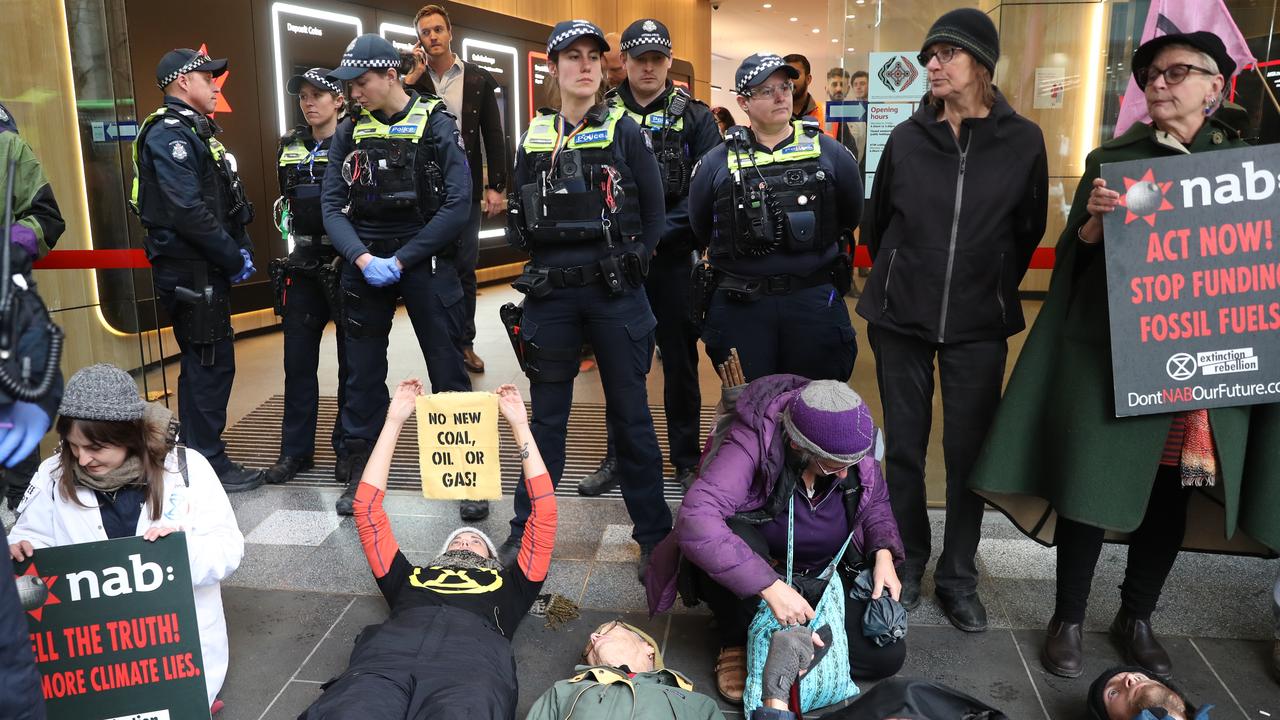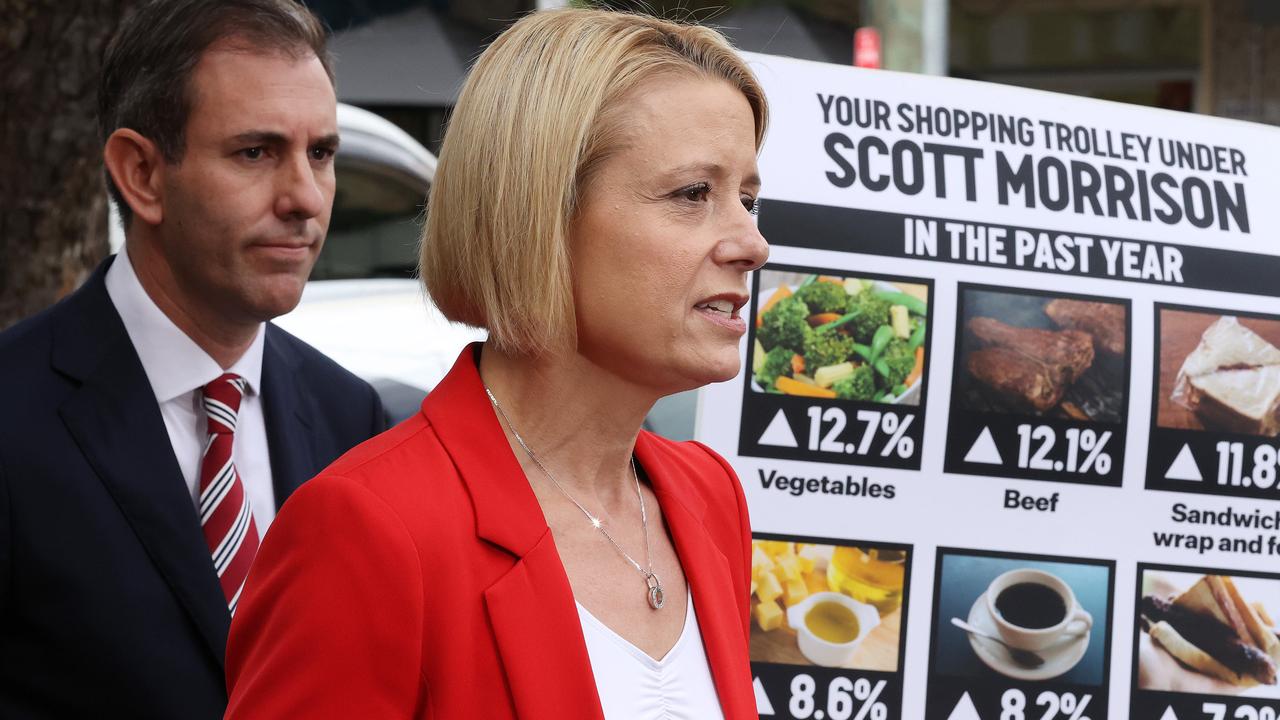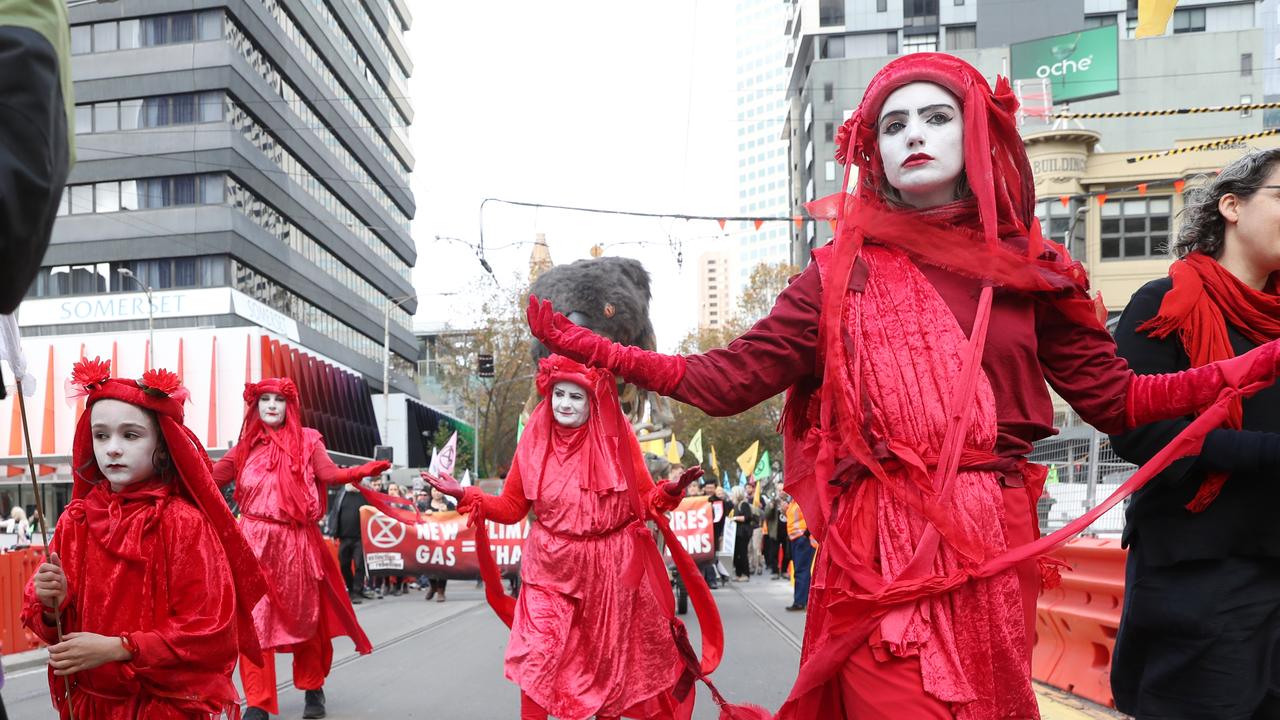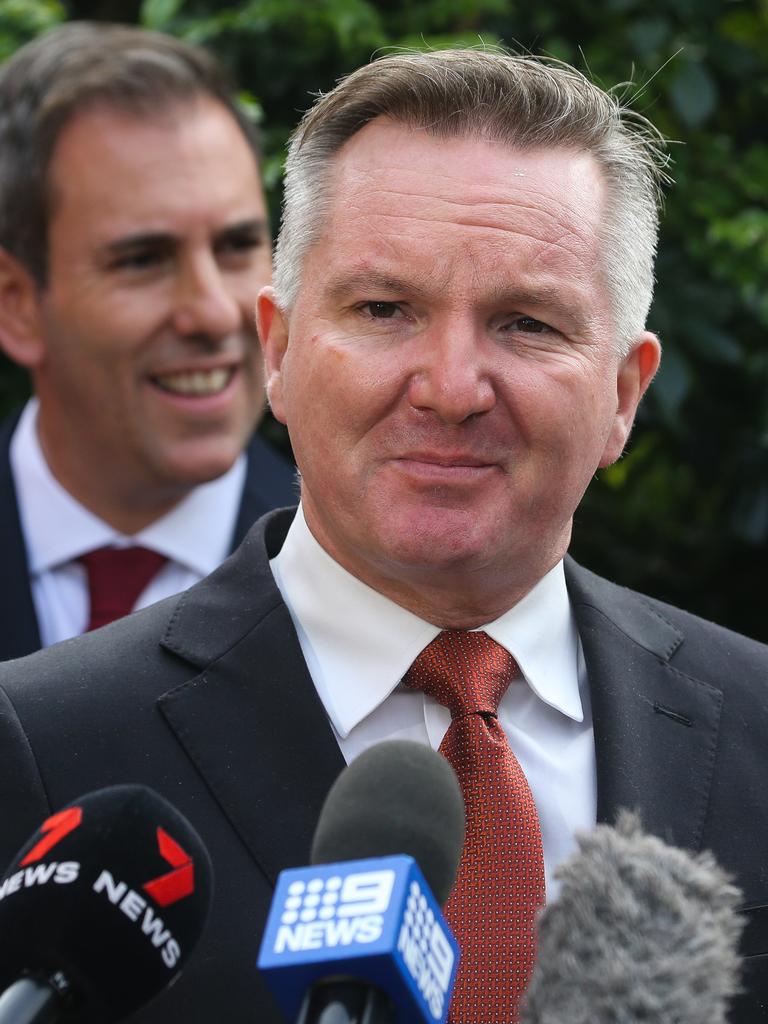Why agricultural policy can’t be left to the urban, green elite
Last Tuesday night, rugged-up members of Labor’s Mid Mountains Branch in Wentworth Falls celebrated the adoption of the Climate, Clearing and Cows motion by posting a celebratory group selfie on Facebook.
Labor branches have been signing up for the motion drawn up by the Labor Environment Action Network at the rate of three a day. More than 170 branches have joined the call for drastic cuts to agricultural greenhouse gas emissions that would be devastating to livestock farmers.
The network has grown from a twinkle in Kristina Keneally’s eye 20 years ago to become the second-most powerful movement in the ALP after the unions.
Scott Morrison is said to have described it as an infiltration of radical activists within the Labor Party. It is anything but. For while its views might sound fringe to conservative ears, they represent mainstream opinion in Labor’s hollowed-out branches.
If they didn’t, the Climate, Clearing and Cows motion would not have become the fastest-growing grassroots campaign in the party’s history. Nor would senior Labor ministers be pondering how to respond when its adoption is greeted with rousing applause at August’s national conference, as it surely will be.
LEAN co-convener Felicity Wade is no superglue-wielding, tarmac-hugging fanatic. Her task, as she told The Australian’s Troy Bramston last week, is to identify the next horizon of climate action and convert it into Labor policy. She is a political realist who seeks not to embarrass Labor’s federal leaders but to lead them gently to greener pastures. The Albanese government’s ambitious 43 per cent emissions cut target for 2030 is testimony to LEAN’s success.
Sadly, the organisation’s pragmatism in the political realm does not spread to its policy ideas, which are the kind of maladroit, under-researched and slogan-driven ruminants with which we’ve become all too familiar since climate change was first discovered by Kevin Rudd earlier this century.
If the Climate, Clearing and Cows motion becomes government policy, graziers and croppers will find themselves in the corner with coalminers facing unreasonable regulation, restricted capital and heavier taxes.
The Netherlands offers a sobering example of what becomes of a productive and efficient agricultural sector when governments surrender to the Great Food Reset. The mandated 30 per cent reduction in livestock numbers by 2030 and compulsory government acquisition of 3000 farms is turning peak meat into a self-fulfilling prophecy.
Anthony Albanese already has one foot over the line as a signatory to November’s G20 Bali Leaders’ declaration, which pledged to accelerate the transition to agriculture and food systems that “better contribute to adaptation and mitigation to climate change, and halting and reversing biodiversity loss”.






